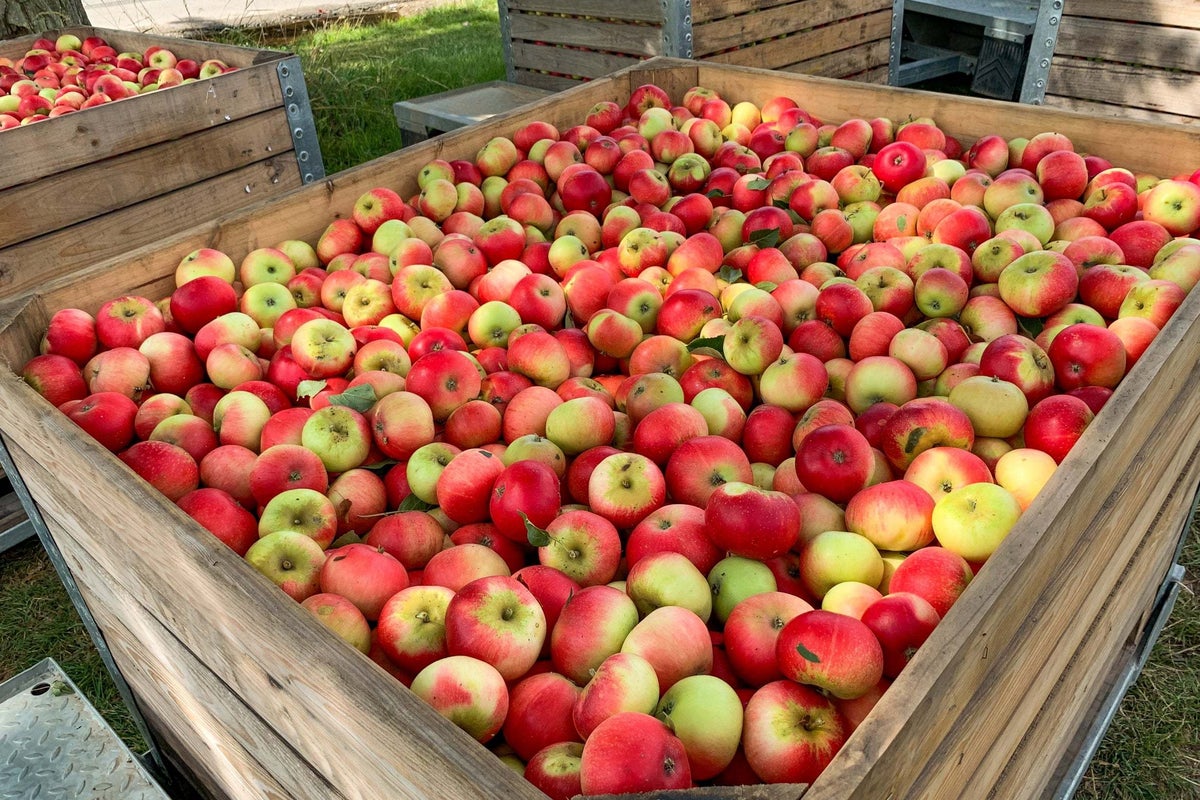
The UK government has announced it will scrap planned border checks on fruit and vegetable imports from the European Union, preventing the measures from taking effect on July 1.
This decision, attributed to what the government calls Sir Keir Starmer’s Brexit reset deal, is expected to save businesses approximately £200 million in additional supply chain costs, according to the produce sector. The move has been welcomed by industry stakeholders who had voiced concerns over the potential financial burden of the proposed controls.
Bosses had warned that this could add to inflation, put pressure on food supply chains and threaten the future of businesses.
The new SPS (sanitary and phytosanitary) deal with the EU will eliminate routine border checks for food exports and imports on certain products.
The Government said impending checks on “medium-risk” fruit and vegetables, such as tomatoes, grapes, plums, cherries, peaches and peppers, will now not be introduced.
The latest relaxation in trade rules will take place until January 31 2027 as a “contingency measure”, according to officials.

Biosecurity minister Baroness Hayman said: “This Government’s EU deal will make food cheaper, slash bureaucracy and remove cumbersome border controls for businesses.
“A strengthened, forward-looking partnership with the European Union will deliver for working people as part of our plan for change.”
It is the fourth time the border check plans have been pushed back, with the proposals previously set to come into force in January.
The checks on fruit and vegetables were the latest phase of the Government’s Border Target Operating Model which introduced checks on animal and plant products last year.







